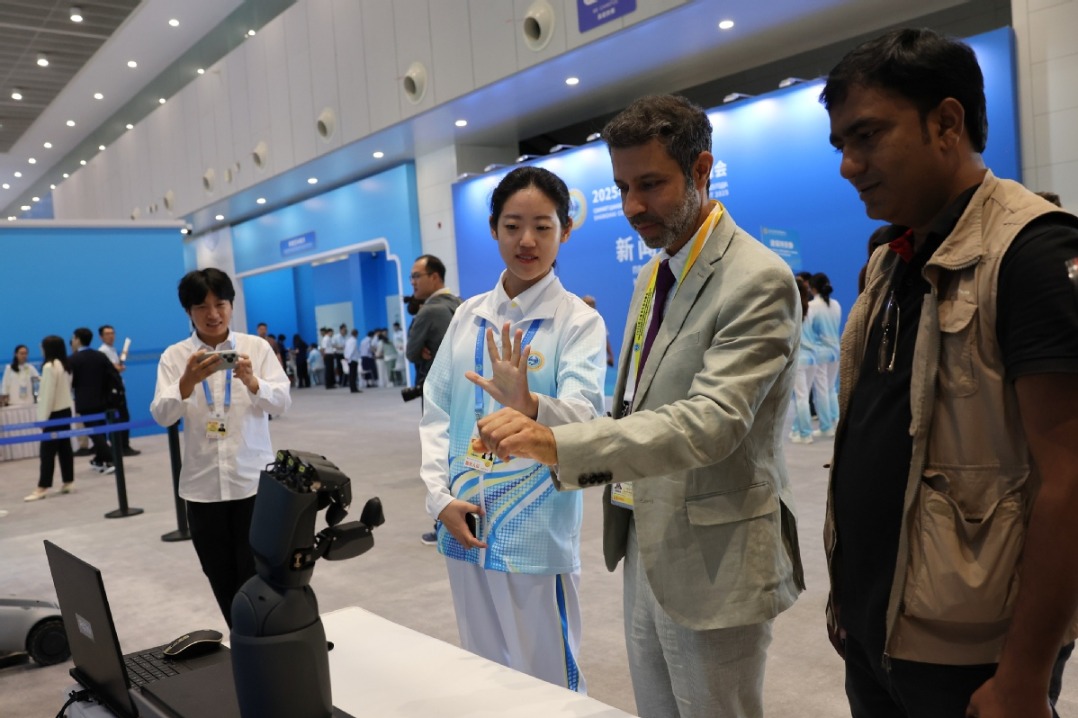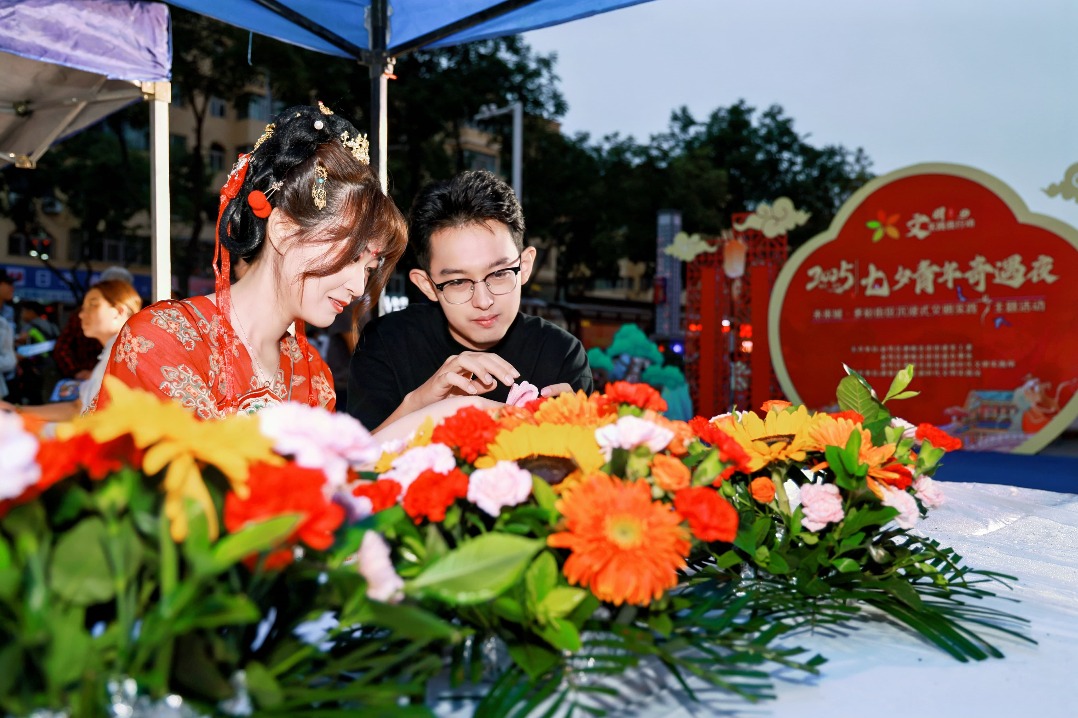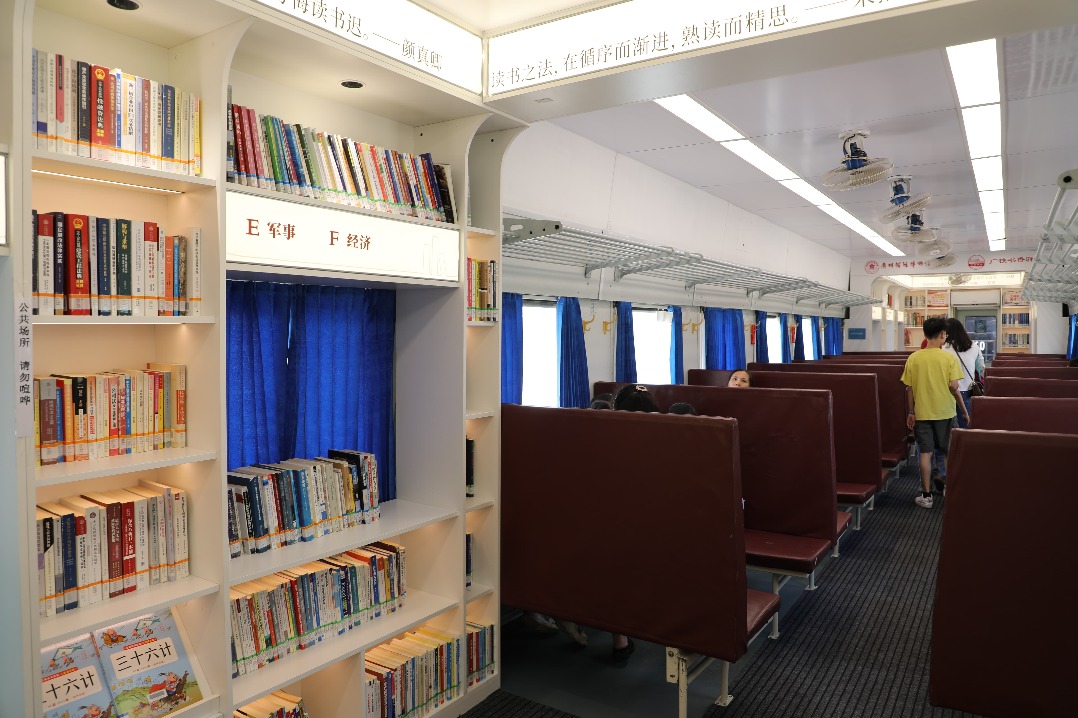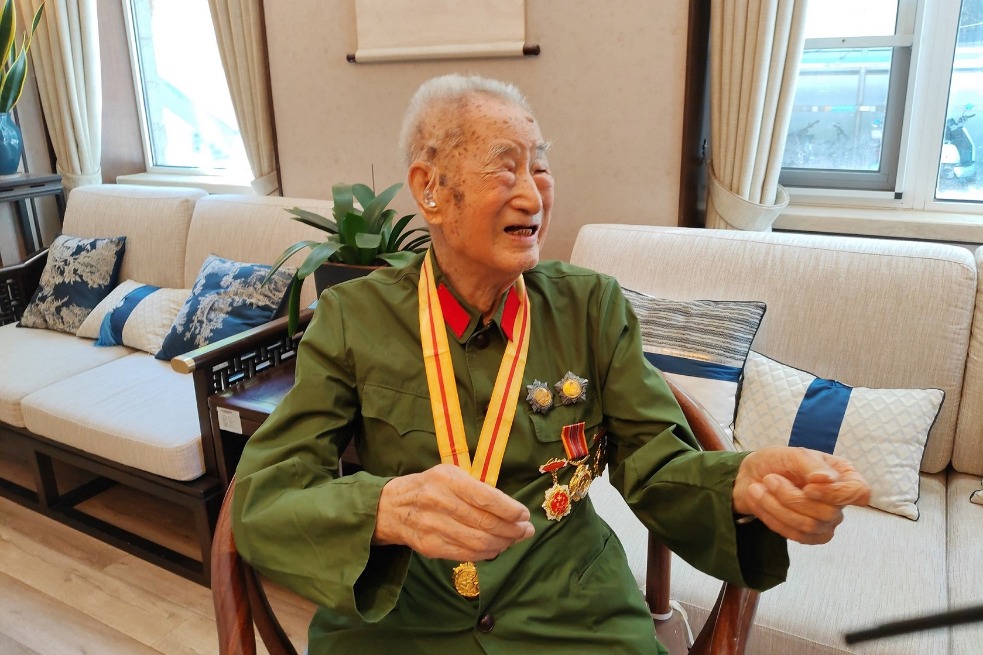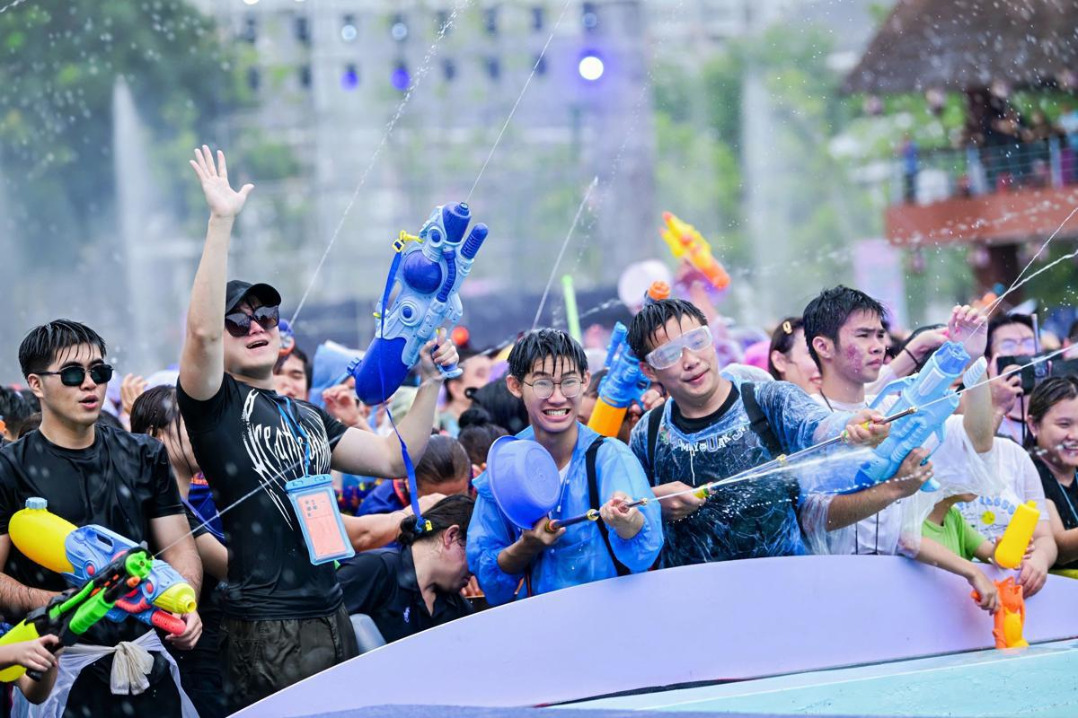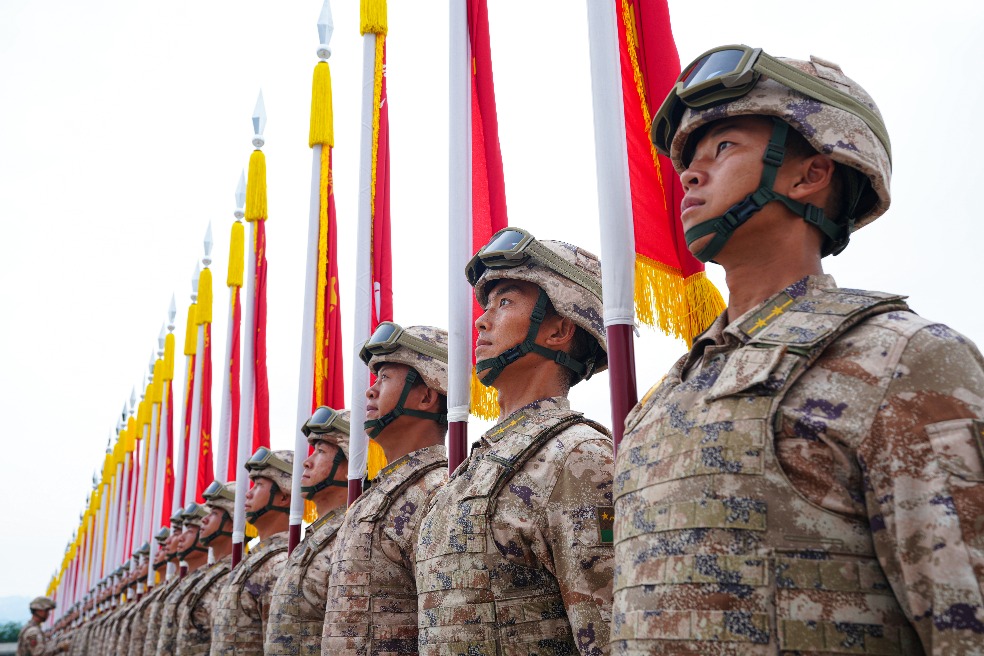When wet waste is not wasted


One of the key tools being employed in Shanghai's quest to make its waste management greener has nothing to do with state-of-the-art technology or bulky machinery. In fact, it even has a life of its own.
The tool? Hundreds of millions of black soldier flies.
The city's Laogang Ecological Protection Base has since November 2022 been using this particular insect to dispose of wet waste because of the various benefits this approach offers.
Black soldier fly larvae have a ferocious appetite and can each consume twice their body weight in food per day. The insect can also break down organic pollutants within the waste.
According to the United Nations Development Programme, this means of disposing waste does not produce any greenhouse gases, making it a significantly more sustainable option than conventional methods like incineration and dumping waste at landfills.

The insect can also be used as feed for animals as it is rich in protein and fat.Though not widely adopted around the world yet, black soldier fly larvae composting has been fast gaining traction in recent years.
Founded in 1985, the base in Laogang Town in Shanghai's Pudong district has over the past decades been constantly looking for new innovative ways to handle the city's growing trash output.
At present, the base is responsible for dealing with approximately 50 percent of Shanghai's garbage.
After the municipal government mandated the sorting of household waste in 2019, the need for an environmentally friendly treatment of separated kitchen waste, or wet garbage, became a core focus for the base.
To achieve this, an innovation center was set up to conduct research. This eventually led to the decision to use the black soldier fly larvae.

One of the first steps taken was setting up a breeding base for the flies within the base. To address the issues of high labor cost and space constraints, the base has integrated both the automated feeding and rearing systems.
Wu Yuefeng, deputy director of Shanghai Chengtou Laogang Base Management Co Ltd, said that some 500 million black soldier fly larvae and anaerobic treatment are used to dispose of 2,500 tons of wet trash a day when the base is running at maximum capacity.
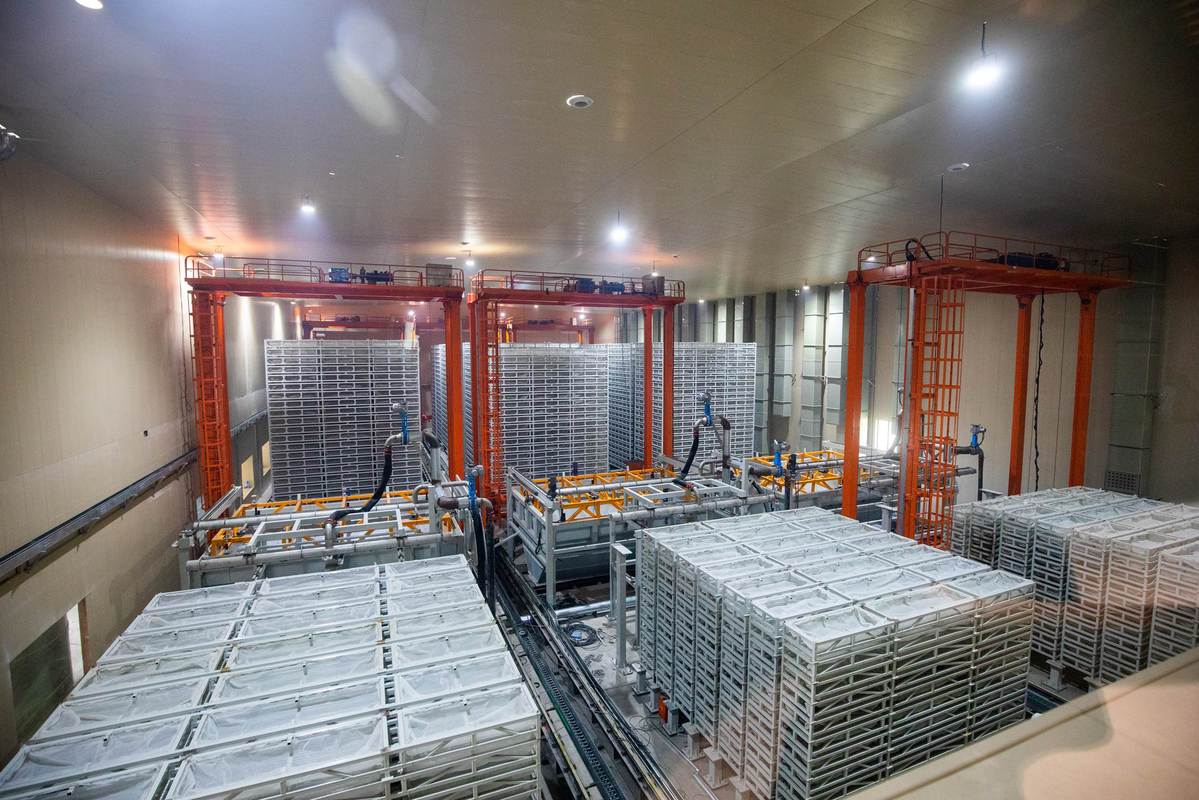
Anaerobic treatment is a chemical process that breaks down organic matter and generates methane gas, which can be burned to produce energy, or collected and utilized directly as fuel.
When the third phase of the base become operational in end-2024, the facility will be able to process 4,500 tons of wet trash every day, making it largest wet waste processing facility in the world.
Zheng Zheng contributed to this story.
















